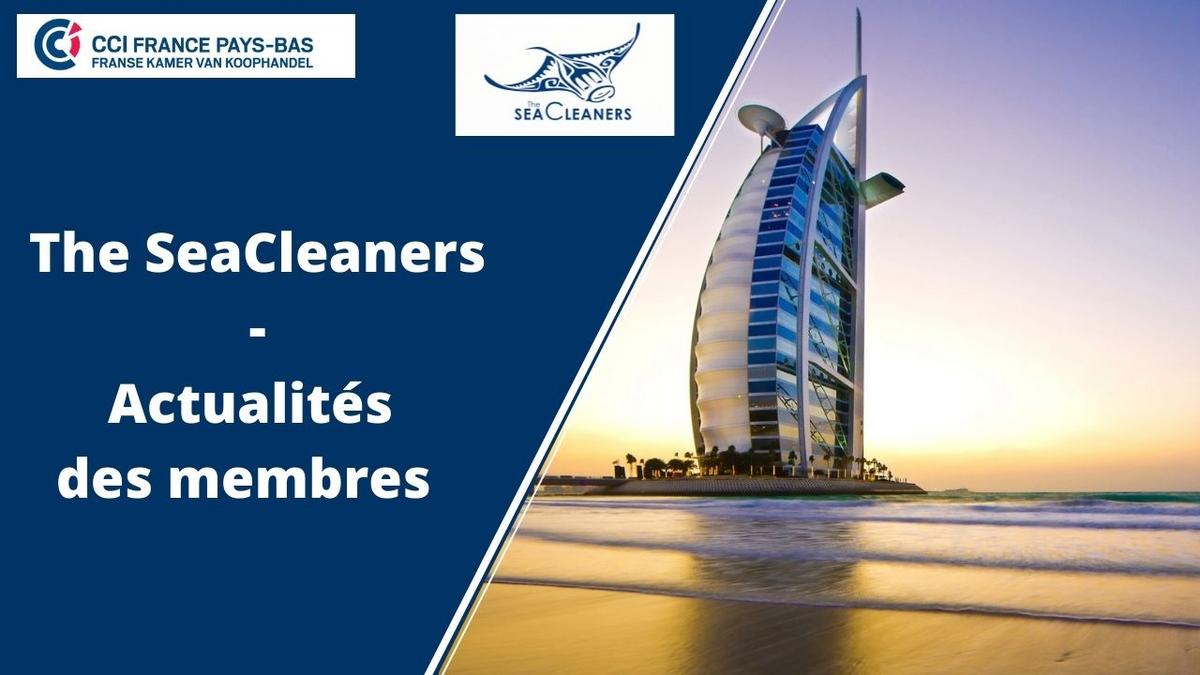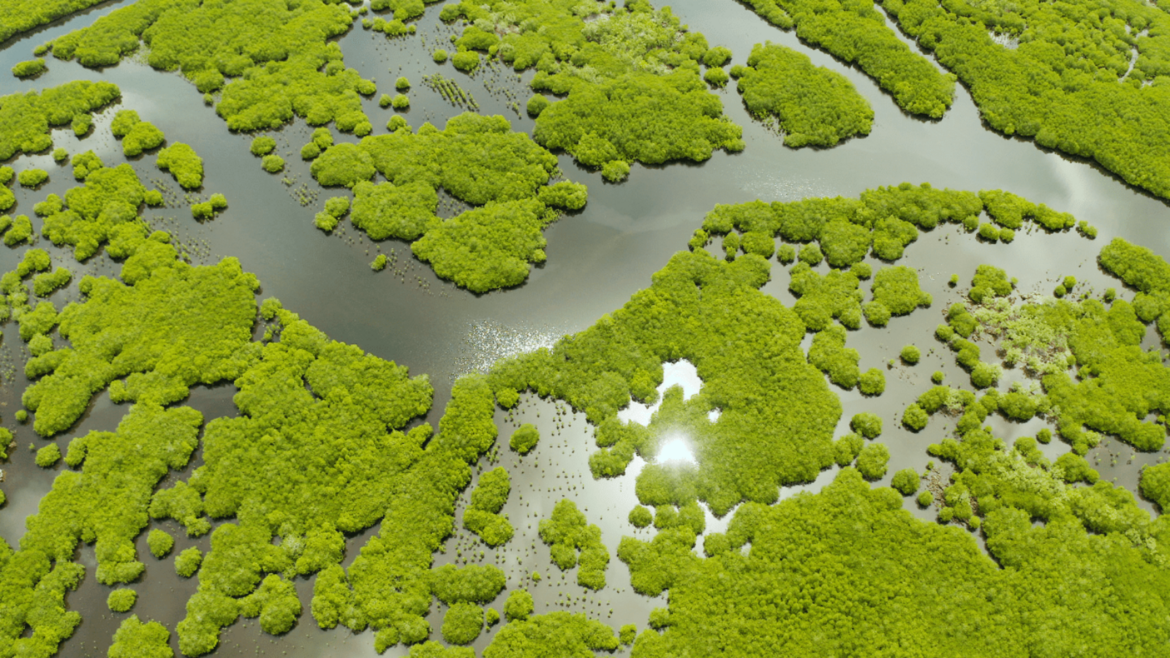Nieuws van bedrijven
The SeaCleaners heads to the United Arab Emirates

At the end of January, a delegation from The SeaCleaners, led by its President Yvan Bourgnon, will fly to the United Arab Emirates (UAE) to meet with local political and economic decision-makers to present the Manta project and our international actions to protect the oceans from plastic pollution.
Organized at the initiative of our sponsor and technical partner LUMEN AT WORK, which has a strong presence in the region, this official visit takes place in a special context. The United Arab Emirates have been at the forefront of the international scene since October 1, when the 2020 World Expo opened in Dubai.
A special feature: the Emirate wanted to place the world’s largest cultural event under the sign of sustainability and harmony between man and the environment. The protection of aquatic environments and marine biodiversity are among the priorities of this agenda.
The Abu Dhabi environment agency has announced a decisive policy to fight plastic pollution, and especially single-use plastic items. This policy is a first of its kind in the region, and shows the ambition of the UAE to tackle the issue with determination.
Encouraging action and engaging new supporters
The SeaCleaners’ visit will aim to raise awareness among local actors of the means to take action at sea and on land to counter floating waste pollution and to assess possible local needs for assistance in this area, particularly in the country’s many mangroves.
It will also be a question of committing new financial support to our projects, particularly the construction of the Manta, the pioneering waste collection and recovery factory ship, and the deployment of the Mobula, multi-purpose clean-up boats.
The program for this week in the UAE includes meetings with local business leaders and institutional partners in Dubai and Abu Dhabi, exchanges with the French business community in the UAE, thanks to the commitment of the French Chamber of Commerce and Industry in the UAE (a member of the CCI France-International network, of which The SeaCleaners is a partner) and the French Embassy in the UAE, and meetings with the local authorities in charge of environmental issues.

An ambitious national environmental strategy
The UAE is too often reduced to old clichés: an economy based on the exploitation of hydrocarbons, the exuberant architecture of the metropolises, the big air-conditioned cars… This is forgetting a little quickly that the Emirates has developed one of the most ambitious environmental strategies in the Middle East.
In this context, several national initiatives have been launched recently, to allow the UAE to achieve for the 17 Sustainable Development Goals (SDGs), these commitments adopted by the member states of the United Nations to promote a prosperity shared by all and protect the planet by 2030.
During its visit to the country, The SeaCleaners’ delegation will have the opportunity to highlight how plastic waste pollution on land and at sea is compromising the achievement of SDG 14, which aims to protect aquatic life.
The following public policies will be the subject of particularly in-depth exchanges with the actors involved:
- The 2017-2021 “coastal and marine habitat rehabilitation” plan aims to create a sustainable natural ecosystem, preserve marine life, rehabilitate degraded coastal areas, restore coral reefs. The mangrove cultivation project has planted 273,210 mangrove seedlings over an area of 283,068 m² to help maintain the ecological balance. The deployment of artificial reefs helped preserve marine wildlife. 2,805 artificial reefs were deployed over an area of 154,709 square meters and 20,000 coral fragments were transplanted over an area of 2,500,000 square meters.
The SeaCleaners will meet with stakeholders in this program to assess whether there is floating solid or liquid waste in these areas, and what actions are needed.
- Offshore Pollution: The UAE has enacted strict laws prohibiting the dumping of waste and oil sludge from the hundreds of tankers operating in the region. The SeaCleaners will be listening to determine if floating waste is one of the identified threats that would require a specific action plan.
- Biodiversity Protection: In order to protect the biodiversity of the UAE’s marine environment, several plans have been put in place for the conservation of several species, including sharks, sea turtles, spotted eagle ray and seabirds. These species are among the 3,600 or so currently impacted by plastic pollution, either becoming entangled or strangled in the remains of abandoned tarpaulins or fishing nets (ghost nets), or dying from suffocation or malnutrition as a result of ingesting plastic debris mistaken for their food.
- Blue Carbon Goal: Blue carbon refers to coastal vegetation, which studies have shown can sequester carbon far more efficiently than terrestrial forests. As such, the conservation of these important ecosystems is one of the most promising new ways to reduce atmospheric carbon dioxide and mitigate global climate change. In the UAE, blue carbon ecosystems consist of mangrove forests, seagrass meadows and salt marshes, which serve as carbon sinks. They hold the largest carbon stocks in the Arabian Peninsula. They protect coastlines, support coastal tourism and provide breeding grounds for fish and ecosystems for a wide range of species. They also have important cultural and social value. In this field, The SeaCleaners will interact with stakeholders to assess the need to address floating waste in order to preserve these ecosystems central to the heritage and traditions of the peninsula.